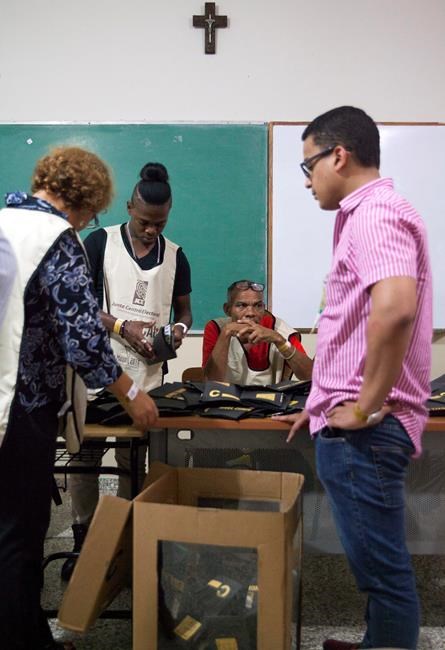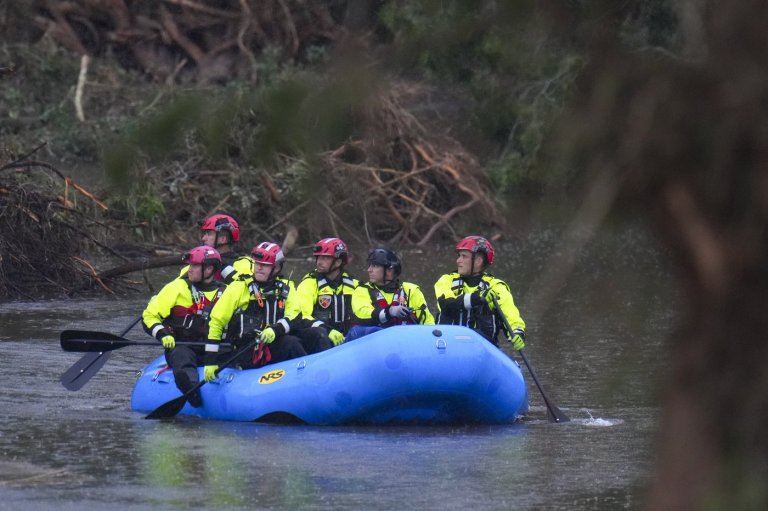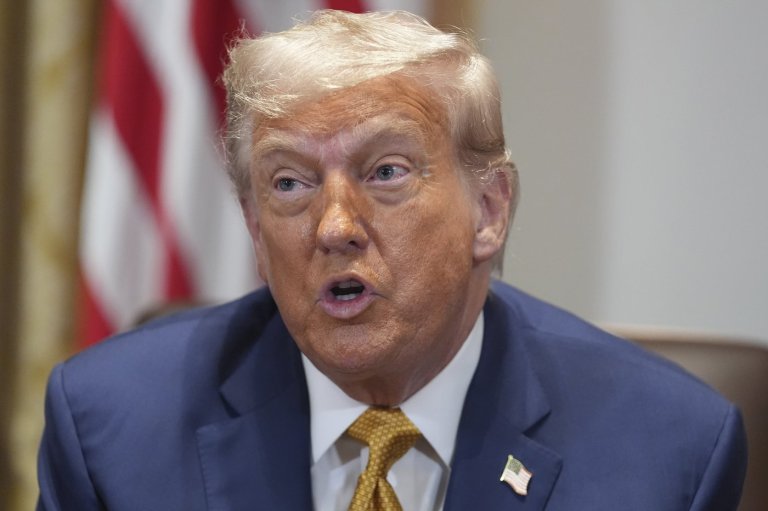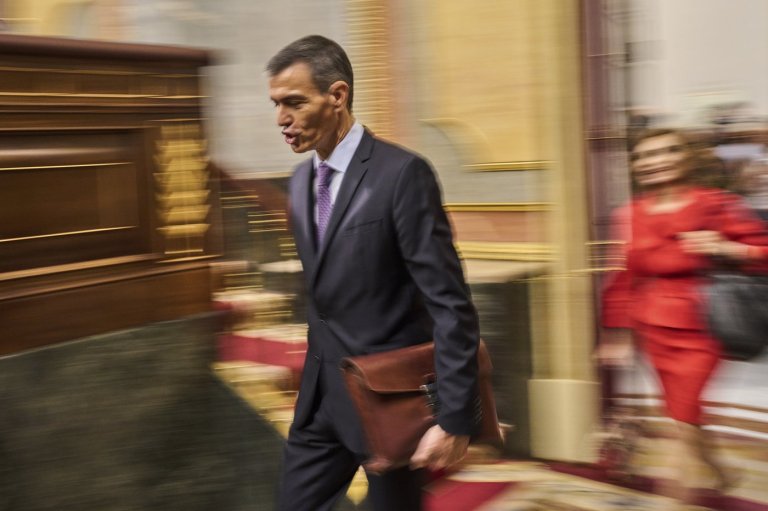
Dominican Republic president appears headed to re-election
SANTO DOMINGO, Dominican Republic – President Danilo Medina held a strong lead in early returns Sunday night and appeared headed toward a second term, continuing a string of electoral victories that has allowed his party to dominate political power in the Dominican Republic.
With 14 per cent of ballots counted, the incumbent had more than 60 per cent of the vote, enough to avoid a runoff in the eight-candidate presidential field.
Final results were not expected until Monday from voting that also included all 222 seats in the Senate and Chamber of Deputies and local offices throughout the country.
Polls going into the election had pointed to Medina as the likely presidential winner. His Dominican Labor Party won four of the previous five presidential elections and has controlled Congress for a decade.
Opposition candidates criticized electoral authorities for starting to release preliminary results as some people still waited to cast ballots after voting was extended for an hour because of problems that delayed the process at many polling stations.
Many people had to wait hours to vote, largely because of problems with the deployment of new technology to identify voters by their fingerprints in this country of more than 10 million people.
“This is an abuse,” an exasperated voter, Ana Maria Perez, said at a polling station in Santo Domingo where she had been waiting for nearly two hours.
Roberto Rosario, chief of the electoral board, blamed delays on the mass resignations of 3,000 technical assistants and other poll workers a day before the election. Replacements had to be trained swiftly. He did not disclose why the workers walked off the job before the vote.
Later, Rosario extended the time to vote by one hour to make up for the delays. By the original 6 p.m. closing time, nearly 51 per cent of eligible voters had cast ballots, not including overseas voters and polling stations that did not have the new fingerprint system in place.
Medina criticized the “irresponsibility” of the workers who left their posts but said the vote overall was generally going well. He predicted that everyone who wanted to vote would get the opportunity.
“Whatever happens this will be a victory for everyone in the Dominican Republic,” Medina said after voting at a school in the capital.
Former Colombian President Andres Pastrana, heading an Organization of American States observer mission, acknowledged problems but played down their significance. “The important thing is that people are voting,” he said.
Opinion polls had forecast that Medina, 64, could take more than 50 per cent of the vote to avoid a runoff against his nearest competitor, businessman Luis Abinader. That’s due in part to the fact that the opposition was divided and weaker than during the last election, in 2012, which was much closer.
Medina also benefited from an economy that grew 7 per cent last year, better than any other country in Latin America or the Caribbean, and increased funding for social programs that have strong popular support. Medina’s government has built about 2,500 new schools, lengthened the school day to provide more classes and promoted literacy and vocational training for adults.
Retired actress Frennes Baez said she was convinced by Medina’s call to stay the course and believed the president deserved another term.
“Voting for another doesn’t mean that things will be better,” Baez said at a polling station in the bustling capital.
Abinader, 48, ran for vice-president in 2012 but had never held elective office. On the campaign trail he vowed to spend more on a system of social programs that provide payments to nearly 1 million poor families. He also said he would reduce crime, a principal concern among Dominicans, and raise pay for police and the military as well increase the national minimum wage.
His backers argued that the ruling party, which passed a constitutional amendment letting Medina run for a second consecutive term, had amassed too much power.
“We’re fed up. The (ruling party) controls everything,” said Rafael de Jesus, a mechanic and father of two who supported Abinader.
De Jesus also worried that the president’s party had been able to pack the bench with friendly judges. “They want everything,” he said.
Join the Conversation!
Want to share your thoughts, add context, or connect with others in your community? Create a free account to comment on stories, ask questions, and join meaningful discussions on our new site.












Leave a Reply
You must be logged in to post a comment.